Leaders for Readers
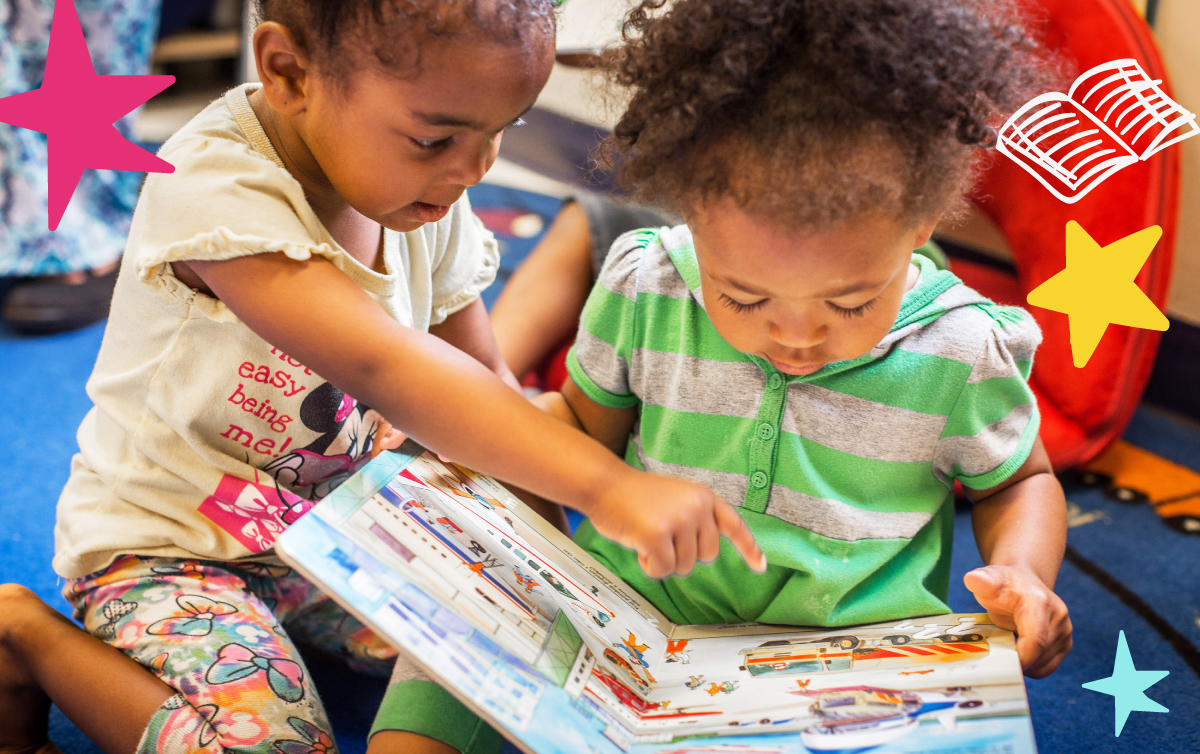
Your Impact
Your contribution goes a long way. Make an impact by purchasing a book for a child, buy books for an entire classroom, sponsor a special project or fund a center all month long.
Get Involved
It’s no secret that language and literacy are an important foundation for a child’s success. Reading to children promotes language and literacy skills and that is why a read-aloud activity is a regular feature in our Head Start classroom curriculum. Read aloud learning is fun, but nothing generates more excitement than to have a visitor read a book to a classroom. Make a difference, volunteer to read aloud to a Head Start classroom now through the end of March. Make it a group activity by asking friends or co-workers to join you. Sign up today.
The Volunteer Experience
- Arrive at 8:30am for a brief introduction to Matrix Human Services
- Review the book that has been assigned for the day (this should take nor more than 5 minutes)
- Read to the children- interact, ask open ended questions (10-15 minutes)
- Assist classroom teachers with activities
- Departure 10am
Join Community Leaders
Be a Guest Story Teller
AVAILABLE dates Tuesday – Thursday | 8:30 am – 10:00 am
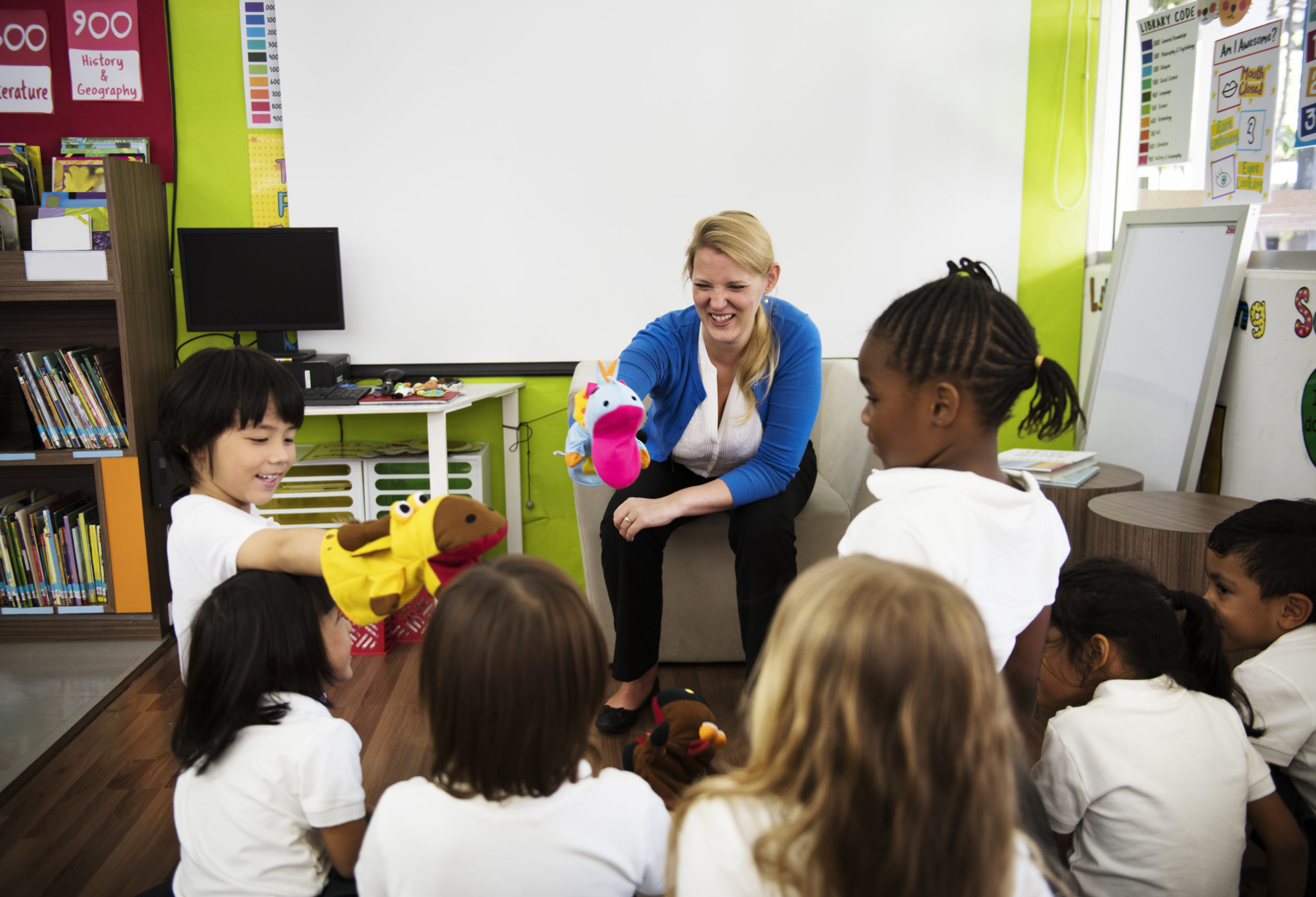
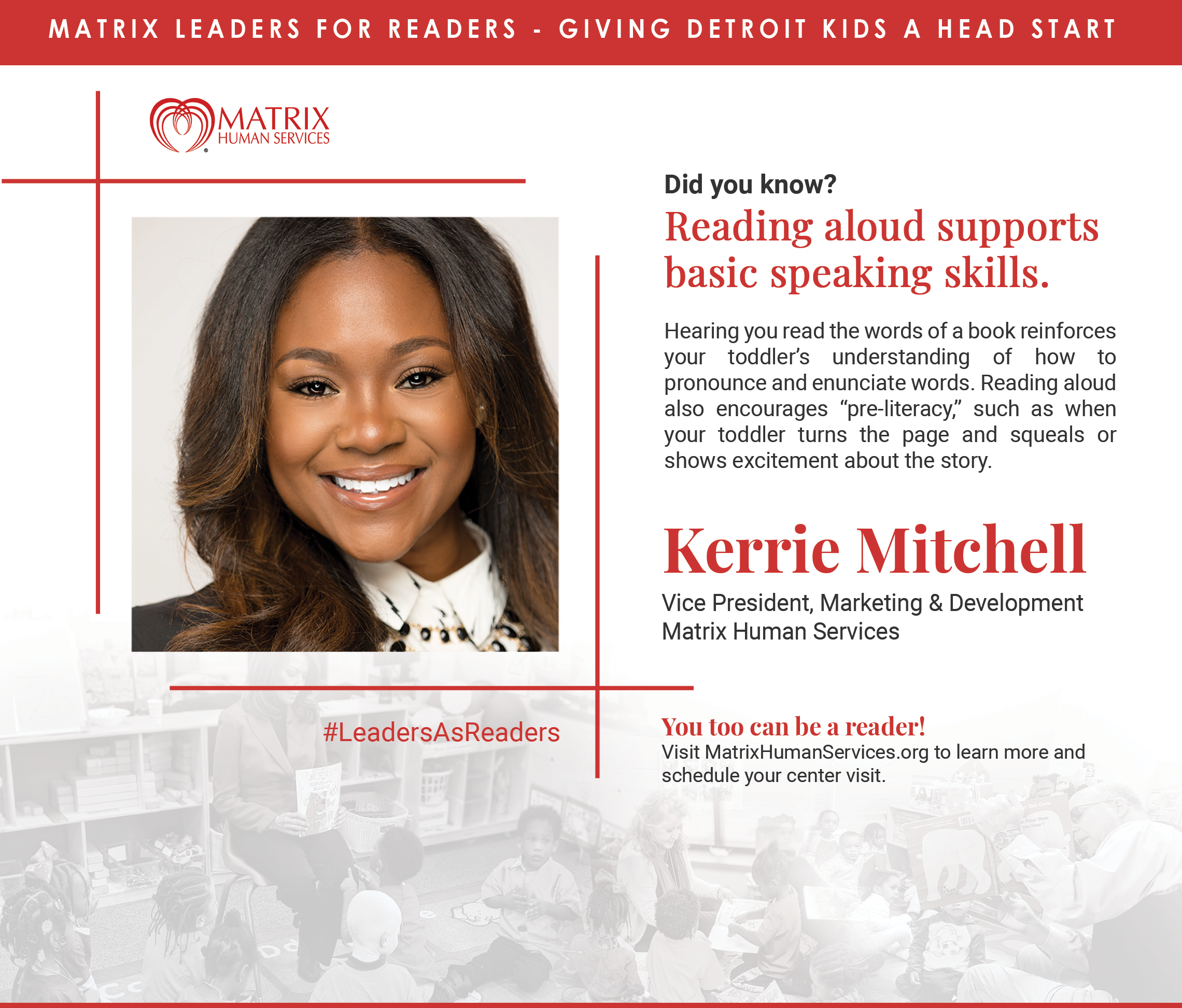
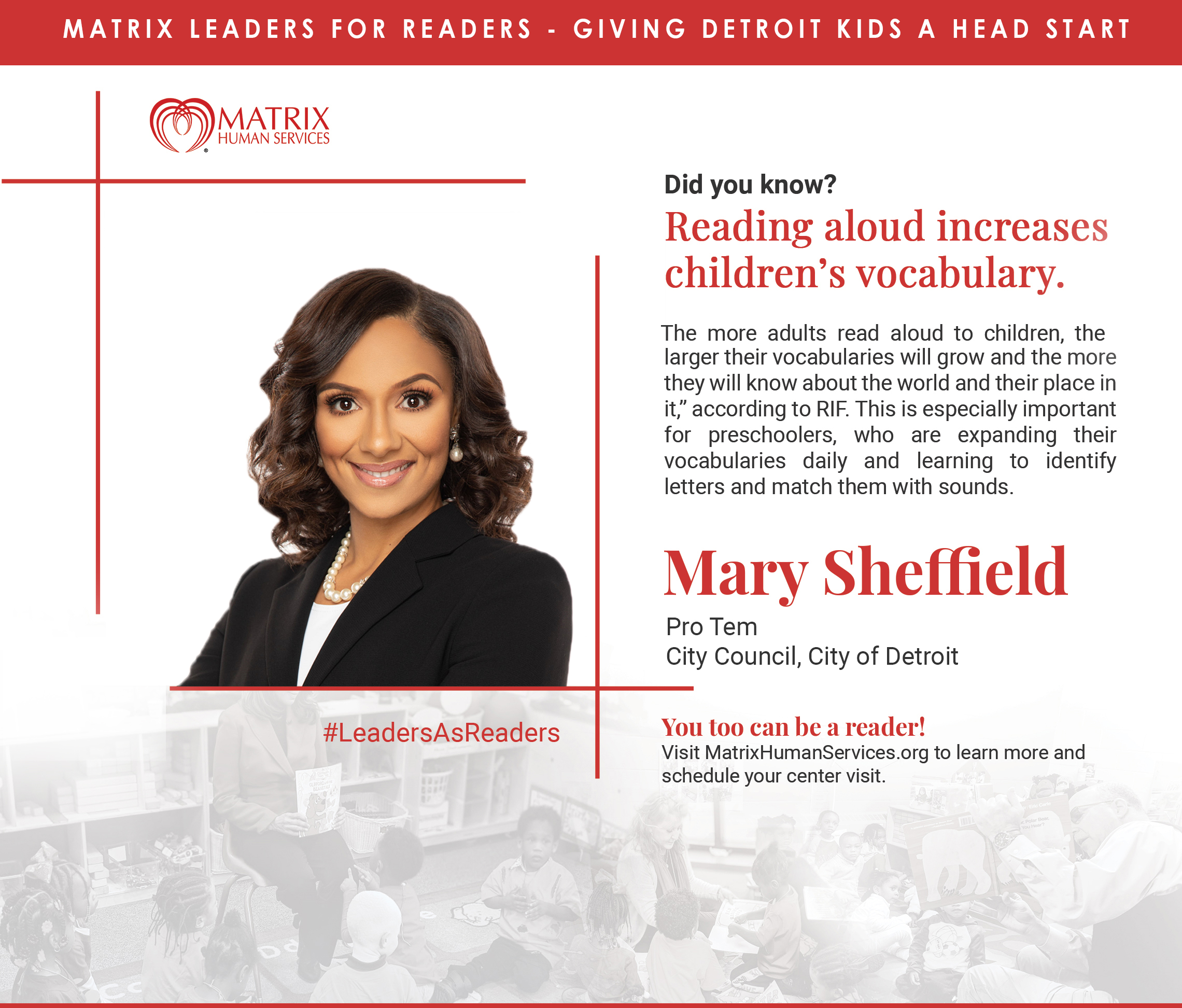
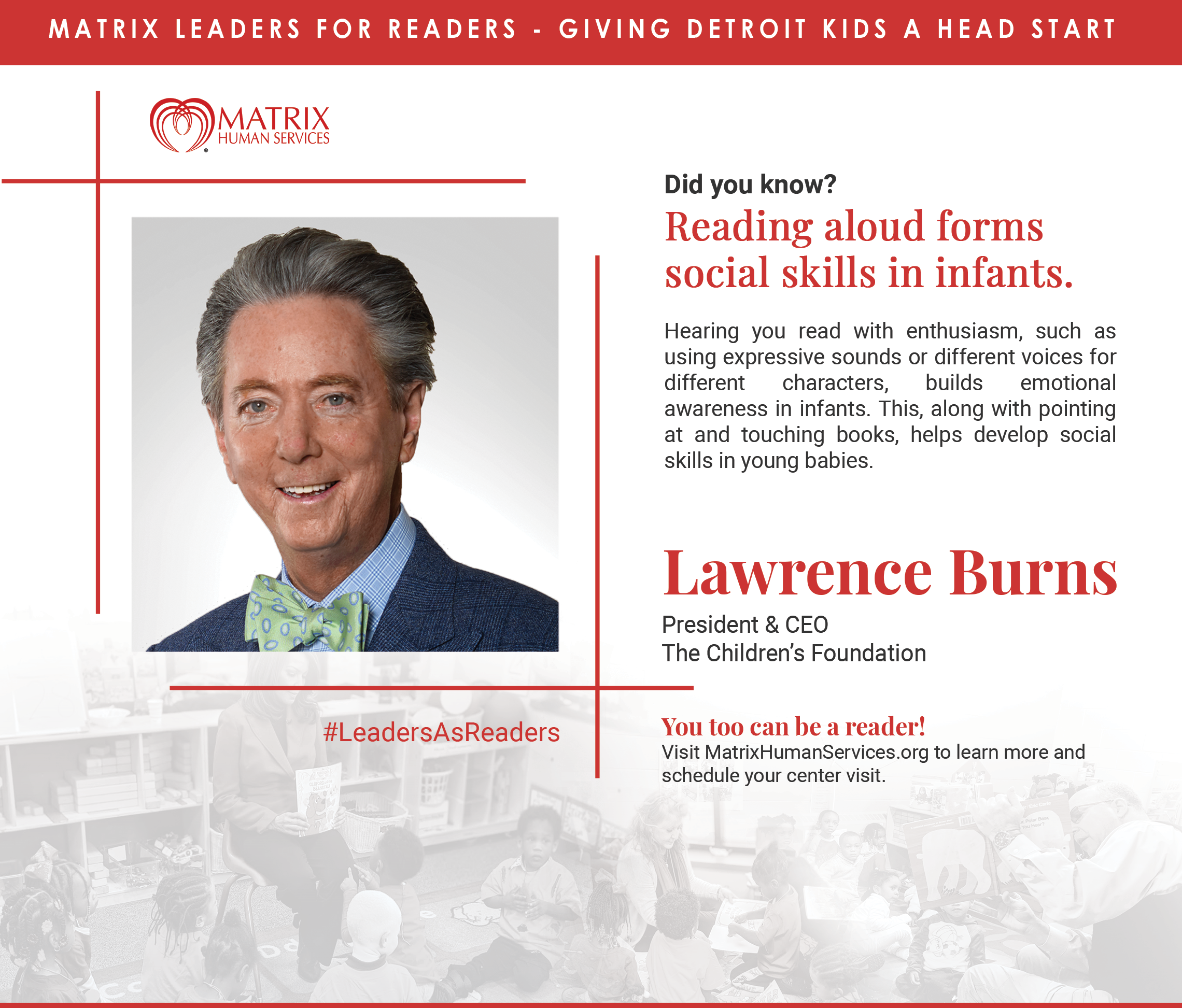
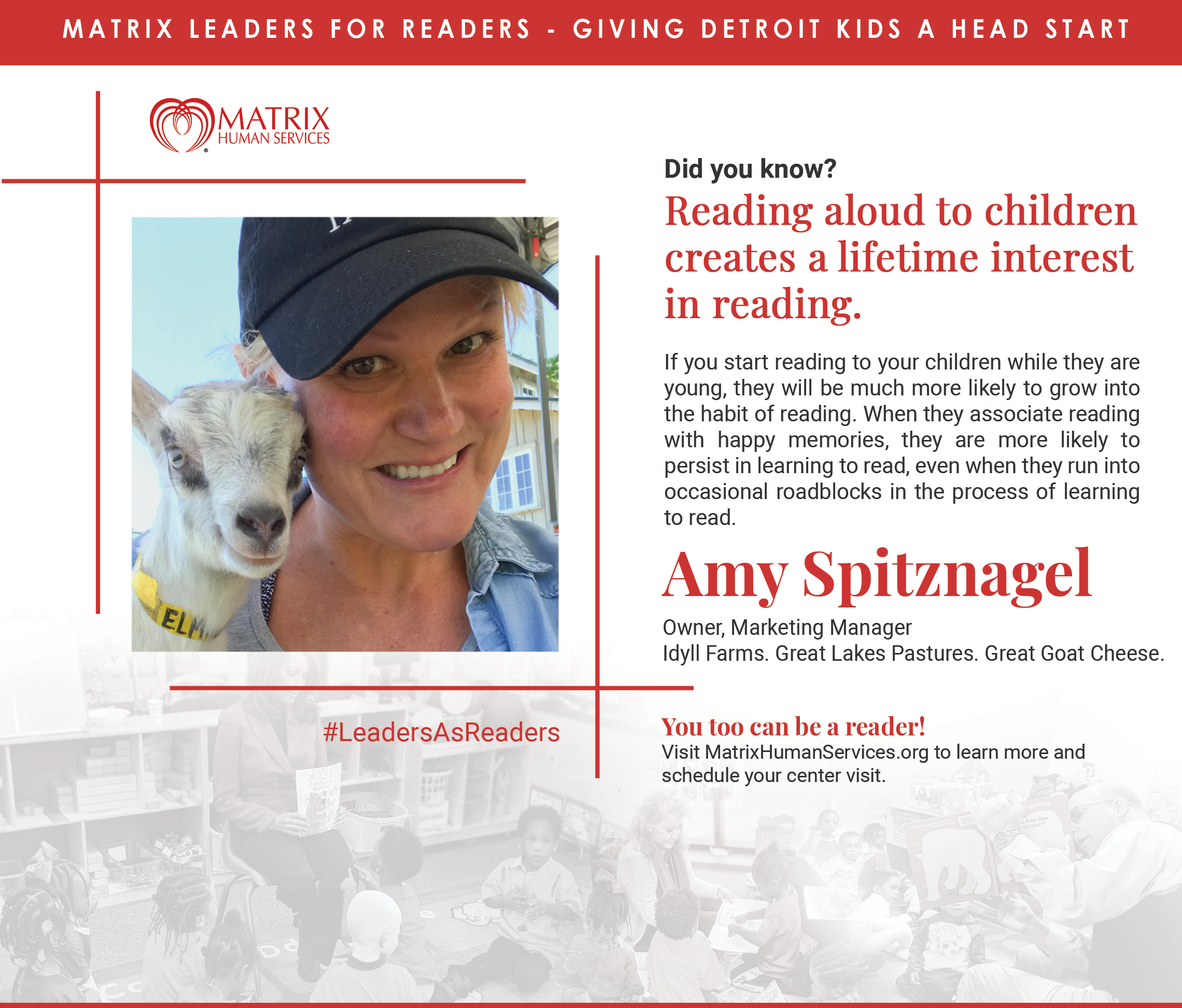
The Power of Reading
Reading aloud is one of the most important things parents and teachers can do with children. Reading aloud builds many important foundational skills, introduces vocabulary, provides a model of fluent, expressive reading, and helps children recognize what reading for pleasure is all about.
Additionally, this activity sharpens the child’s ear so that they can detect authentic dialogue and flowing narrative. Reading aloud helps improve diction and expression, which will then transfer into speaking voice and writing voice. Reading aloud improves visual memory and the ability to see images in your mind.
The benefits of reading with children include:
- Storytime is important for brain development, even for babies who do not talk yet. When you read with children, they are connecting the words you say to the pictures on the page and to the things in their world. All of those connections are brain connections!
- Even before they can talk, children need to hear language to support brain development. Reading and telling stories with children is a great way to expose them to a rich variety of words
- The quantity of words that children hear is important for language development, but so is the quality of language that they hear. It is important to use new and different words for children to expand their vocabulary. Books often include words that adults would not otherwise use, like names of plants or animals.
- Reading develops a child’s imagination and teaches them about the world around them
- Reading exercises our brains; children who read do better at school
- Reading relaxes the body and calms the mind and helps children develop empathy
